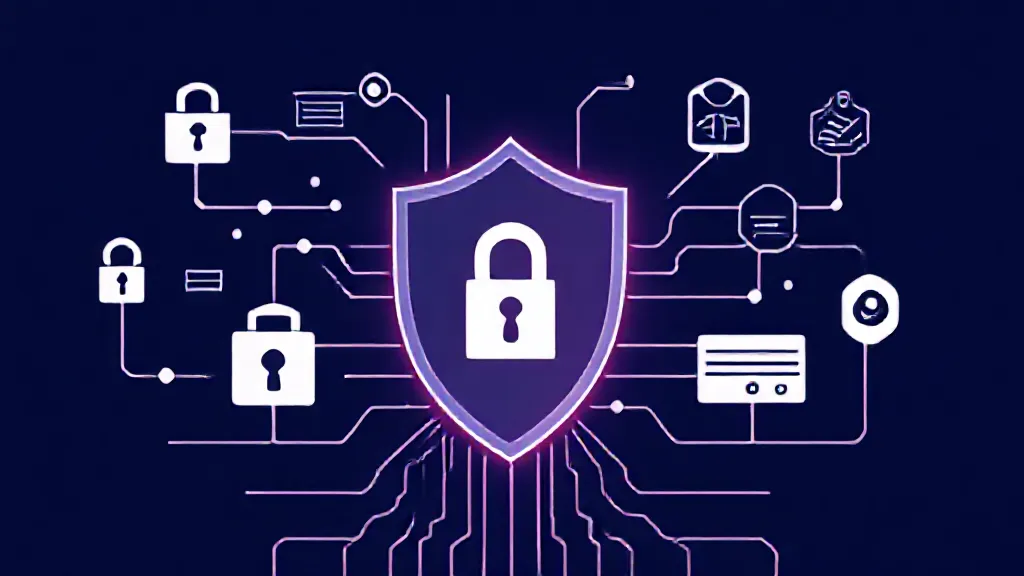In an era where personal data is a valuable commodity, understanding how cybersecurity protects this sensitive information is crucial. Cybersecurity encompasses a range of technologies, processes, and practices designed to safeguard networks, devices, and data from unauthorized access, attacks, and damage. This article explores the multifaceted role of cybersecurity in protecting personal data, examining its importance, methods, and challenges.
The Importance of Personal Data Protection
Personal data refers to any information that can be used to identify an individual, including names, addresses, social security numbers, and financial information. With the rise of digital platforms, the amount of personal data generated and stored online has exploded. Data breaches and cyberattacks have become increasingly common, leading to identity theft, financial loss, and reputational damage for individuals.
Cybersecurity plays a vital role in protecting this data by implementing measures that prevent unauthorized access and ensuring that personal information remains confidential.
Key Cybersecurity Measures for Data Protection
Several key measures are central to effective cybersecurity. These include encryption, firewalls, antivirus software, and multi-factor authentication (MFA).
Encryption transforms data into a secure format that can only be read by those who possess the decryption key, making it significantly more difficult for hackers to access sensitive information. Firewalls act as barriers between trusted internal networks and untrusted external networks, controlling incoming and outgoing traffic. Antivirus software detects and removes malicious software that could compromise personal data.
MFA adds an extra layer of security by requiring users to provide two or more verification factors to gain access, making it harder for unauthorized individuals to breach accounts.
The Role of User Education in Cybersecurity
While technology is crucial in protecting personal data, user education is equally important. Many data breaches occur due to human error, such as falling for phishing scams or using weak passwords.
Educating individuals about the importance of strong passwords, recognizing suspicious emails, and understanding the risks of public Wi-Fi can significantly reduce the likelihood of a data breach. Organizations should invest in training programs that empower users to take proactive steps in safeguarding their personal information.
The Impact of Legislation on Cybersecurity Practices
Legislation plays a significant role in shaping cybersecurity practices.
Laws such as the General Data Protection Regulation (GDPR) in Europe and the California Consumer Privacy Act (CCPA) in the United States impose strict guidelines on how organizations must handle personal data. These regulations require companies to implement robust security measures, conduct regular audits, and report data breaches promptly. Compliance with these laws not only protects consumers but also fosters trust between organizations and their customers.
Emerging Threats and the Need for Continuous Improvement
As technology evolves, so do the threats to personal data. Cybercriminals are constantly developing new tactics to exploit vulnerabilities, making it essential for cybersecurity measures to adapt accordingly. Emerging threats such as ransomware, which encrypts data and demands payment for decryption, pose significant challenges.
Organizations must continuously update their security protocols, invest in advanced technologies, and stay informed about the latest cyber threats to effectively protect personal data.
The Role of Cybersecurity in Remote Work
The COVID-19 pandemic has accelerated the shift to remote work, bringing new cybersecurity challenges. Employees accessing company data from home networks may inadvertently expose sensitive information to cyber threats.
Organizations must implement secure remote access solutions, such as virtual private networks (VPNs), to protect data transmitted over the internet. Additionally, promoting a culture of cybersecurity awareness among remote workers is essential to mitigate risks associated with remote access.
The Future of Cybersecurity and Personal Data Protection
Looking ahead, the future of cybersecurity will likely involve more sophisticated technologies such as artificial intelligence (AI) and machine learning (ML).
These technologies can enhance threat detection and response capabilities, allowing organizations to identify and mitigate risks in real-time. As personal data continues to be a target for cybercriminals, the integration of advanced technologies will be crucial in developing effective cybersecurity strategies that protect individuals' privacy.
Conclusion: The Ongoing Battle for Personal Data Security
In conclusion, cybersecurity is an essential component in the fight to protect personal data.
By implementing robust security measures, educating users, adhering to legislation, and adapting to emerging threats, individuals and organizations can significantly reduce the risk of data breaches. As the digital landscape continues to evolve, a proactive approach to cybersecurity will be vital in safeguarding personal information and maintaining trust in the digital age.
